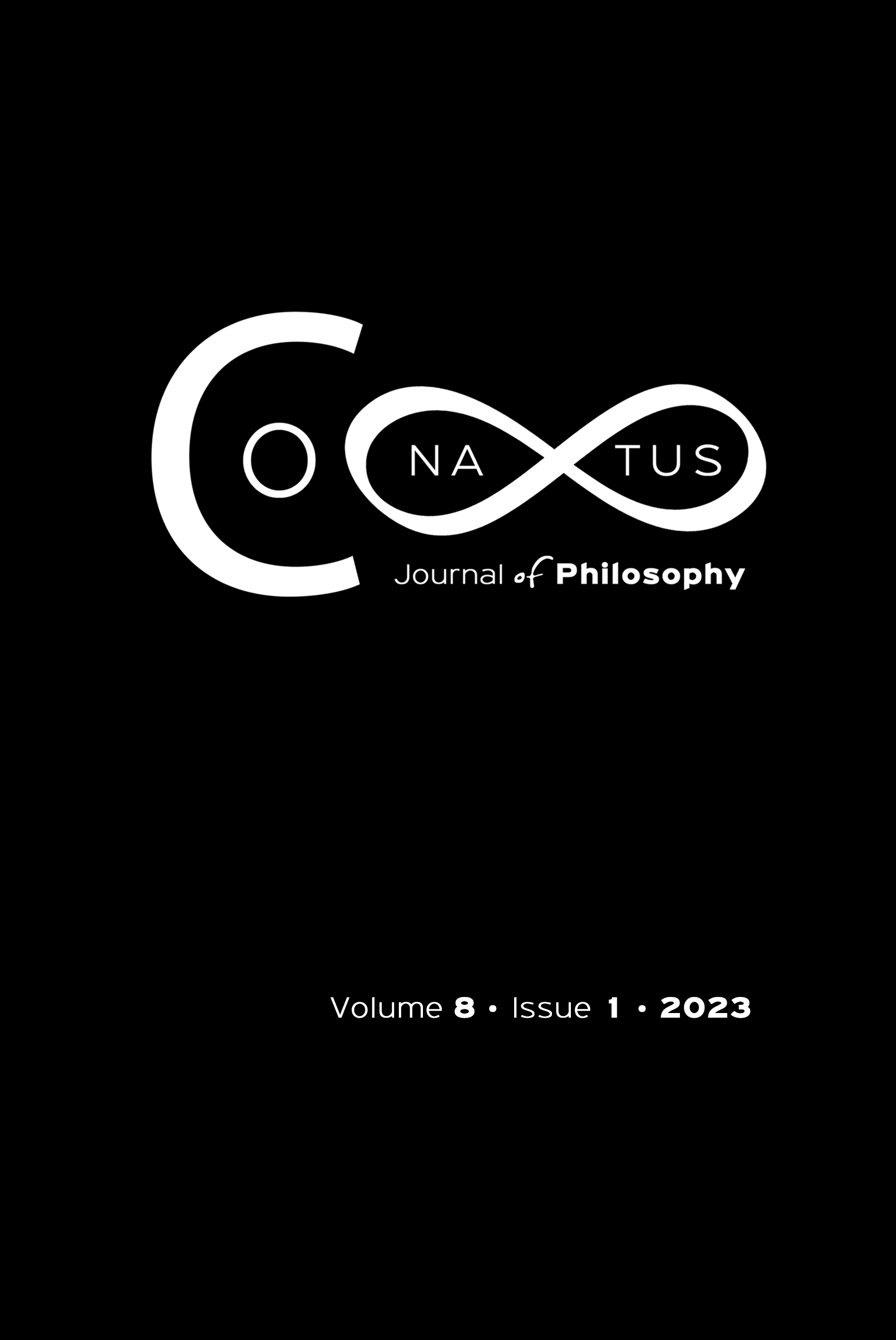How not to Understand Community: A Critical Engagement with R. Bellah

Abstract
Robert Bellah’s article “Community Properly Understood…” is critical of the conventional conception of community as a product of consensus established by shared values and goals among people of common social reality. The need for such a critical approach is arguably encouraged by the rather imprecise deployment of the notion of community in the vast communitarian literature, a deployment which truly raises issues of concern over what the term ‘community’ really means. Bellah’s article is one of the numerous responses to this quest. This paper challenges Bellah’s view on community and offers some arguments to demonstrate why his conception of community may not be adequate. While the uniqueness of his argument is not in doubt, the paper argues that Bellah commits a straw man fallacy by conflating a normative question, “what ought we to do to achieve a working and progressive community?” with the descriptive question, “what is community?” The paper argues that an adequate conception of community must be such that its conception is acceptable to both the liberals and the communitarians. To achieve this, the paper introduces the notion of shared spaces to the conceptualization of the concept of community, and thereby arrives at the definition of community in terms with which both sides of the debate can relate. The paper concludes that with an appropriate concept of community, it would be obvious, contrary to the popular opinion, that liberals and communitarians are both committed to the survival of the community, and that they only differ in their respective approaches to achieving this common goal.
Article Details
- How to Cite
-
Balogun, B. J. (2023). How not to Understand Community:: A Critical Engagement with R. Bellah. Conatus - Journal of Philosophy, 8(1), 55–76. https://doi.org/10.12681/cjp.25015
- Section
- Articles

This work is licensed under a Creative Commons Attribution-NonCommercial 4.0 International License.
Authors who publish with this journal agree to the following terms:
Authors retain copyright and grant the journal right of first publication with the work simultaneously licensed under a Creative Commons Attribution Non-Commercial International License (CC BY-NC 4.0) that allows others to share the work with an acknowledgement of the work's authorship and initial publication in this journal.
Authors are able to enter into separate, additional contractual arrangements for the non-exclusive distribution of the journal's published version of the work (e.g. post it to an institutional repository or publish it in a book), with an acknowledgement of its initial publication in this journal.
Authors are permitted and encouraged to post their work online (preferably in institutional repositories or on their website) prior to and during the submission process, as it can lead to productive exchanges, as well as earlier and greater citation of published work.





